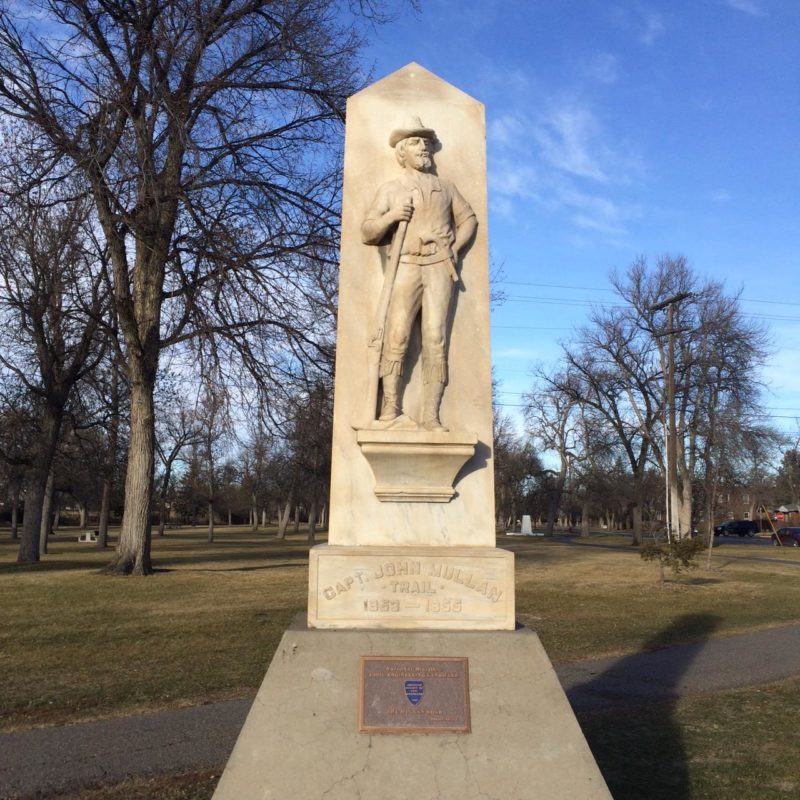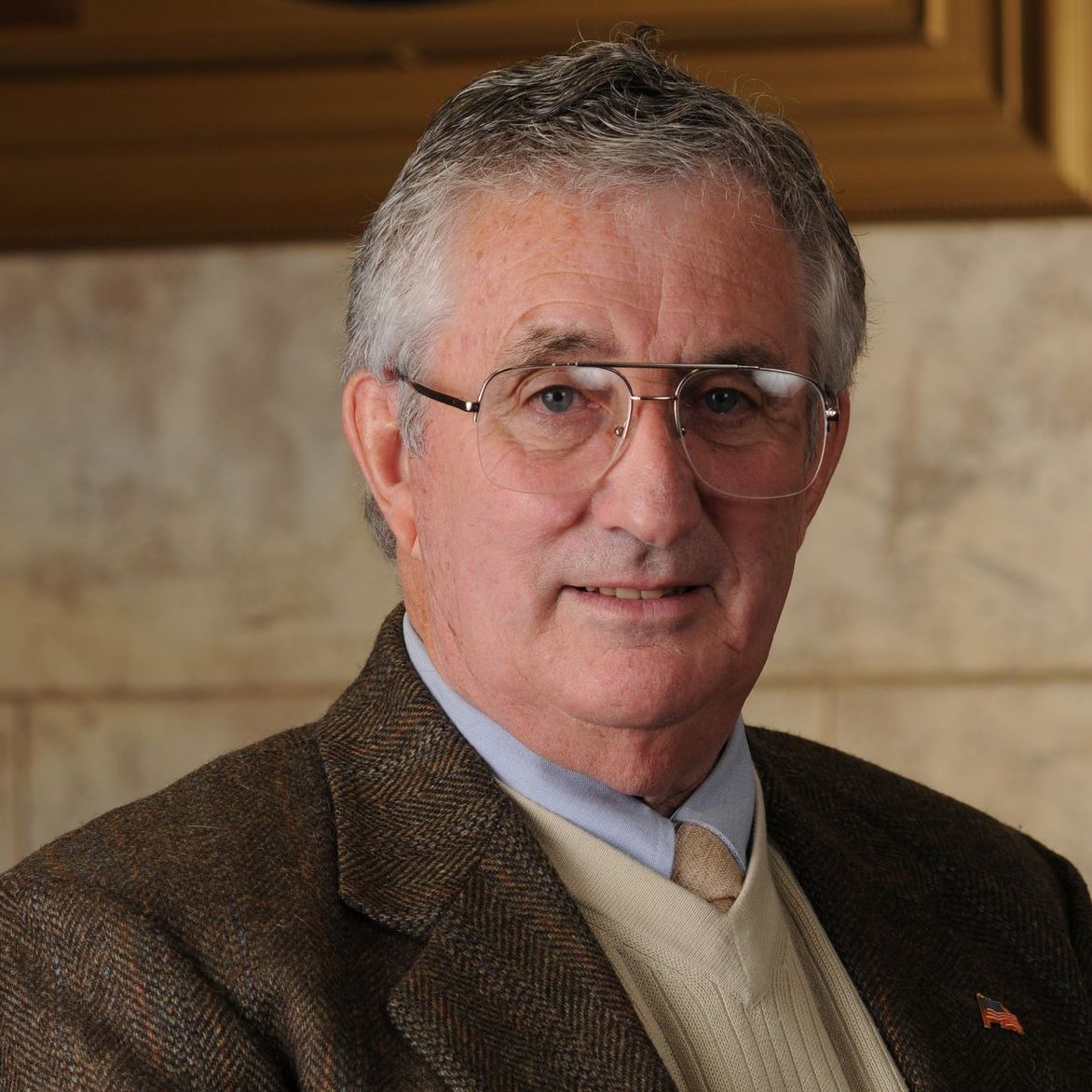In the previous piece of this three-part series, Missing a Few Pieces of the Puzzle, we have shown that most of the $3M in architectural fees for the Great Falls High project will in fact be leaving Great Falls and Montana. We also shed some light on the unconventional selection of general contractors for the…
Author: Philip M. Faccenda
Hocus Pocus — More Moe
Yesterday, and perhaps against all odds, I was able to suss out an actual response from City Commissioner Mary Moe. Originally, I had intended to more substantively respond to Commissioner Moe today, but alas, life got in the way. But I offer the following as a teaser for tomorrow’s piece… On our Facebook post, reader…
An Open Letter To City Commissioner Mary Moe
Dear City Commissioner Mary Moe: It was about Columbus Day, and I was seriously asking. I first asked it on Facebook on October 11. Around the same time, the same text appeared in the Tribune as a letter to the editor. On December 7, I reposted it on E-City Beat. Four days later, I followed up…
Missing A Few Pieces Of The Puzzle
Mr. Cahill’s recent piece, “Promises Made and Promises Kept” in response to a November 26, 2017 post, “Why is Great Falls Tax Money Leaving Great Falls?” accurate? Mr. Cahill’s explanation of the results of the Great Falls School District’s use of taxpayer’s dollars appears on the surface to be factual, but a few pieces of…
Principles Or Politics
A couple of months ago during the Great Falls City Commission campaign, I posted a Facebook request for then candidate Mary Moe calling for her to provide voters with a definitive position on historic monuments and references to local figures. The Columbus Day post was recently reposted to E-City Beat. I think it is safe…
Columbus Day: Will The REAL Mary Moe Please Stand Up?
Editors note: the following comments originally appeared on Facebook and in the Great Falls Tribune in early October, 2017 – prior to the Great Falls municipal election. Subsequently Ms. Moe has been elected to the City Commission. We are publishing the letter here as a prelude to a follow-up piece coming soon. Stay tuned. Like…
Point Counterpoint
This morning, we published a post by George Nikolakakos, leader of the Great Falls Area Concerned Citizens group opposing the slaughterhouse. In the interests of balance, several days ago we also reached out to Todd Hanson of Norseman Consulting Group, who has been working with project developer Friesen Foods. We hope Hanson will take us…
We’re Back
After several months of inactivity, E-City Beat is back! We have spent our hiatus adding contributors and developing an improved reader-centric site and we think we have succeeded. Our core values remain the same: to examine and to comment on important and timely issues that matter to residents of Great Falls, our Central Montana region…
Former Mayor Michael Winters Goes On The Record
On Tuesday, May 16, Gregg Smith wrote a post about the City’s CDBG allocation process, our fifth and most recent article on the topic. Since the publication of our first CDBG content on April 27, this blog has received nearly 8,000 page views. Suffice it to say, then, that this has swelled into an issue of significant community interest. Things…
Conundrum
noun co·nun·drum Our City Commission seems to be faced with a difficult decision, or as Commissioner Bill Bronson says, “it’s a conundrum.” Here’s the issue; to vote for a zone change which would allow a four story motel, approximately 50 feet high, close to the 10th Ave S/Fox Farm intersection, or to vote against it in…











